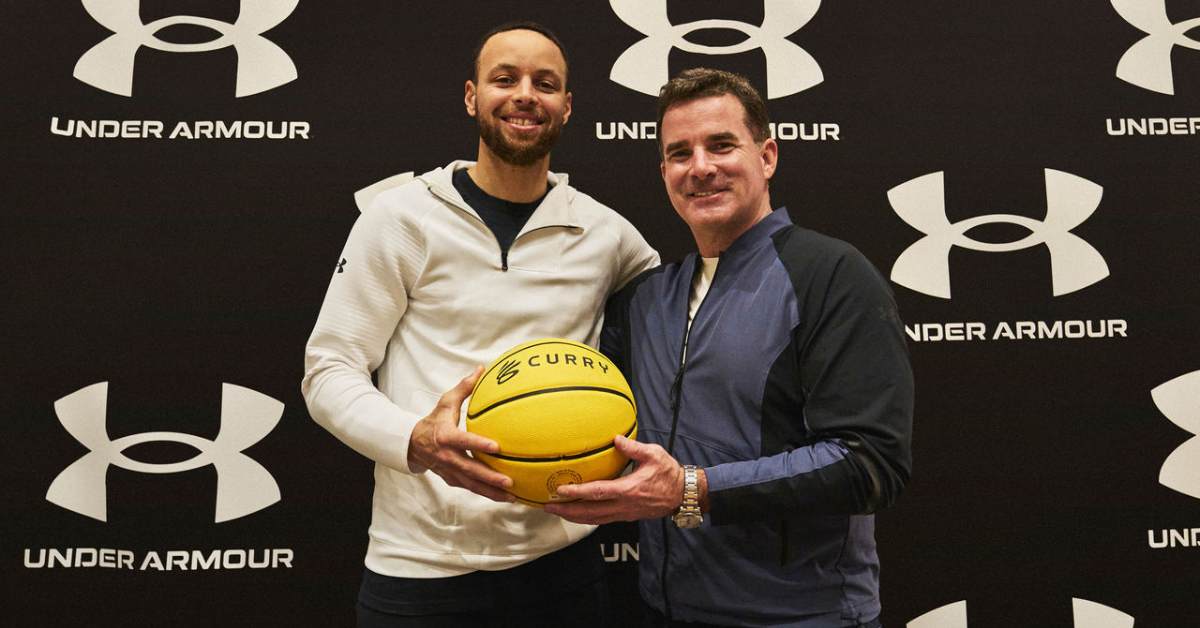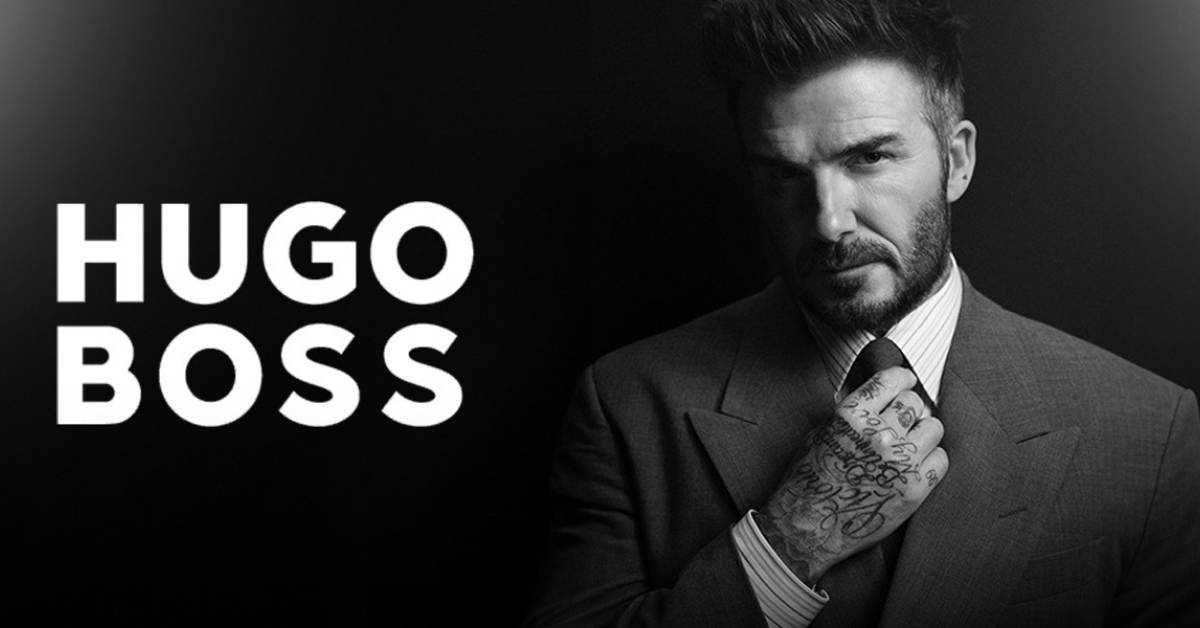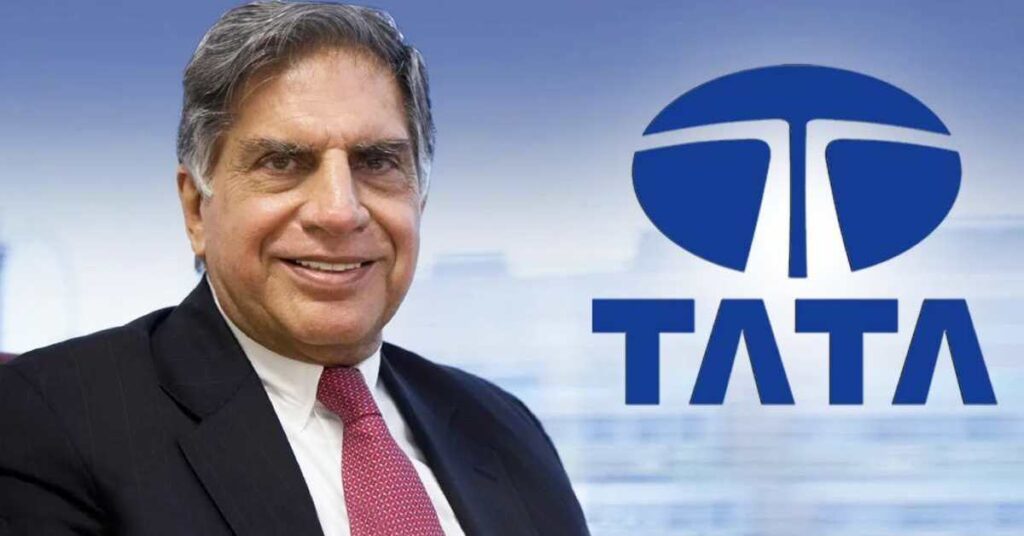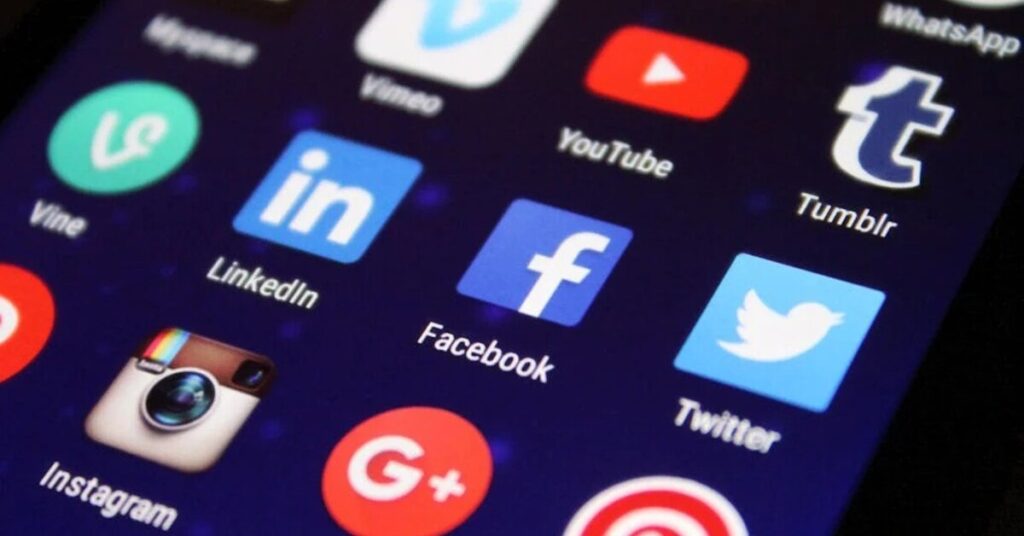Marketers are leveraging athletes’ talents and influence creatively to maximize their earning potential. Consumers idolize sports and athletic achievements of stars like Serena Williams, David Beckham, Kylian Mbappe, and Sha’Carri Richardson, among others. They expect them to personify the values of their respective communities.
The meaningful connection between consumers and an athlete cannot be overlooked. Athletes can leverage their relationship with fans to ensure market permanence by solidifying personal brands. And professional athletes are regarded as influential role models. Thus, it is important to solidify their image through socially responsible actions off the playing field, where these meaningful, authentic interactions with fans can fulfill consumers’ need for relatedness.
Experts say fan engagement and interactions are relevant for establishing an indelible bond between human brands and followers. Athletes can market their brand and reach consumers through social media activations. Experts believe that produced content and related source credibility should be given equal importance in social media ventures to ensure the trustworthiness of the information source. The activation pursuits impact areas of consumer experience, sponsor support, and athlete brand promotion.

The Real Deal, Core Values and Representation – Brands And Athletes
Gabriel Lima, managing director of Octagon (marketing company), says new consumers are looking for real people and real connections between athletes and brands. They look at the causes that athletes are fighting for, their opinions, and their behavior on and off the field. Lima gave the example of Colin Kaepernick, former quarterback for the San Francisco 49ers and American civil rights activist, who became the face of the ‘Just Do It’ campaign for Nike.
He explained that brands are on the lookout for athletes who represent their core values. “Brands now realize that building a long-lasting relationship with an athlete is what works, rather than taking advantage of a specific time when an athlete will be in evidence.” Lima highlighted that consumers have become skilled in identifying brands that use athletes as their ambassadors just for awareness and without having a real connection.
The expert noted that the new generations of consumers don’t want to wait for brands to tell them what to like. “They are now on-demand and wish to be part, to create, to compete, and to share their experiences.”
Kevin Roberts, chief executive of Saatchi & Saatchi, told the WSJ that fans are marketing on steroids. “They talk, they promote, they lead by example. Really great brands would learn that they are in a participation economy where people want to blog, engage, and participate.” He added that the idea is not to control the brand but to give up control to the consumers to become fans.
Consumers Are Loyal
James Park, manager at Brand Finance PLC, lauded Apple Inc. as one of the most successful examples of how to arouse sports-fan-style passion in consumer products. He said Apple’s iPod wasn’t the first such music player on the market but the company radically improved the product with innovation and aesthetics. Park explained that to get that passion, one has to make sure that every single touchpoint and interaction the customer will have with the business is completely aligned with one’s business strategy.

He also highlighted Barclays Premier League which was created to attract a wider audience, socially and geographically. This was expanded through live television coverage. Tim Hill, marketing director of Future Brand, believes the game translates well around the world without requiring detailed experience to appreciate. Premier League fans align themselves with teams for reasons, such as the respective club’s history, victories, players, manager etc.
Brands when partnering with athletes, look for the three ‘P’s – performance, personality, and production (social media). They look at athletes as trusted voices to deliver messaging. Performance is the cornerstone to effective athlete messaging, but quality content also works.



